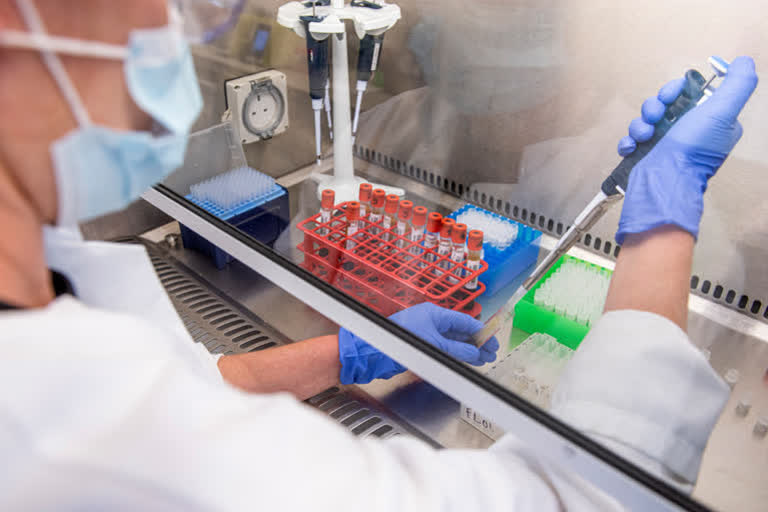New Delhi: Medical experts in India on Monday hailed the results of Oxford University's early-stage human trials for a COVID-19 vaccine, with some saying it's the "most scientifically done" among all such exercises, while others expressing hope that the final trials will "bear fruit".
From clinicians to pathology experts, doctors in the country feel the Oxford trials have been the "most transparent" one by far.
"The Oxford University's early-stage trial results have been were welcoming. Among all the trials being conducted globally, this one has been the most scientifically done and seems the most reliable one," said Dr Suranjit Chatterjee, Senior Consultant, Internal Medicine at Apollo Hospital here.
He said the plan and design of the trials and the whole logistics and demographic range of volunteers from 18-55 years has been "done the most scientifically" among all the trials going on globally.
Chatterjee said the results have raised "good hope" and it is expected the final results will be in line, but "we need to wait for that before drawing any final conclusion".
The trial data of a COVID-19 vaccine developed by AstraZeneca and Oxford University reveals that it is safe and induces an immune response, with mild side effects in some participants, which the scientists say can be treated with the commonly available pain medication paracetamol.
Also read:UK COVID-19 vaccine prompts immune response in early test
The preliminary results of phase I/II trial, just published in The Lancet journal, involved 1,107 healthy adults, and found that the vaccine induced an immune response both via antibodies and the T cells of the immune system up to day 56 of the ongoing trial.
Since emerging in the central Chinese city of Wuhan last year, the virus has killed over 606,000 people and infected more than 14,538,000 people worldwide. In India, the virus has caused 27,497 deaths and infected over 11 lakh people, according to latest official figures.
